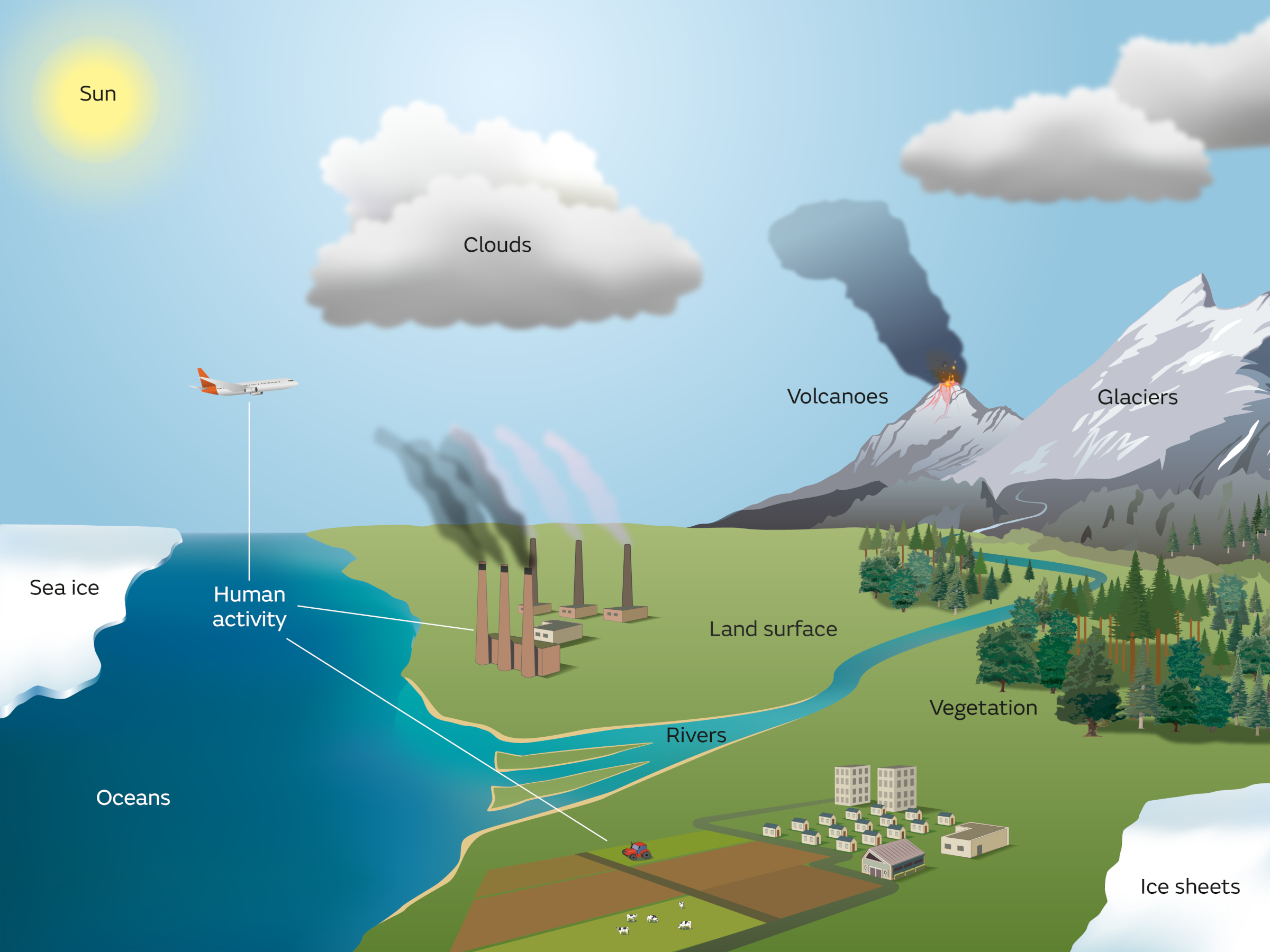Why Can’t Tea Grow Everywhere? The Soil Factor Explained!
The cultivation of tea, one of the world’s most beloved drinks, relies heavily on the right kind of soil. The quality and flavor of tea are directly influenced by the soil where it grows. In this article, we’ll explore the characteristics of soil ideal for tea cultivation and the global regions where such soil is found.
Characteristics of Soil Ideal for Tea Agriculture
Tea plants are delicate and require a very particular environment to flourish. The soil they grow in plays a crucial role in their health and productivity.
1. Acidic Soil with pH Levels Between 4 to 6
Tea plants prefer acidic soil. The ideal pH range of 4 to 6 provides the optimal conditions for nutrient absorption. This level of acidity ensures that the essential nutrients, like iron, manganese, and calcium, remain readily available for the plants.
2. Nutrient-Rich Composition
Iron: Vital for chlorophyll formation, which is crucial for the lush green leaves of the tea plant.
Manganese: Promotes photosynthesis and strengthens plant defenses.
Calcium: Supports root development and overall plant structure.
A balance of these nutrients ensures healthy growth and high yields of tea leaves.
3. Well-Drained Soil
Tea plants hate waterlogging. Soils with good drainage prevent root rot and encourage deeper root penetration, which is essential for the plant’s stability and nutrient uptake.
4. Organic Matter and Texture
Tea plants thrive in loamy soil enriched with organic matter. This soil type retains moisture while ensuring proper aeration. The organic matter also boosts the microbial activity that helps in breaking down nutrients for easier absorption.
Global Regions with Tea-Friendly Soil
Tea is grown in many parts of the world, primarily in regions where the climate and soil meet the plant’s requirements.
1. India
India stands as a global powerhouse in tea production, leading the world with its vast and diverse tea-growing regions. Regions like Assam, Darjeeling, and Nilgiris are known for their acidic, iron-rich soils. These areas receive high rainfall, another factor supporting tea cultivation.
2. China
China, the birthplace of tea, has diverse soil types suitable for tea farming. The acidic soils of Yunnan, Fujian, and Zhejiang provinces are ideal for producing some of the world’s finest teas.
3. Sri Lanka
The loamy and slightly acidic soils of Sri Lanka’s highlands are perfect for growing tea. The region is famous for its distinct flavors, thanks to the unique soil conditions.
4. Japan
Japan’s tea-growing regions, such as Shizuoka and Uji, feature volcanic soil with high acidity and rich mineral content, contributing to the unique umami flavor of Japanese teas like matcha and sencha.
5. Africa
Countries like Kenya and Uganda produce significant quantities of tea. The acidic, red volcanic soils in these regions are packed with iron and manganese, creating favorable conditions for tea growth.
6. South America
Argentina and Brazil are emerging big players in tea production. Their acidic soils and favorable climates are contributing to the growth of the tea industry in these regions.
Why Soil Matters for Tea Quality
The type of soil where tea is grown not only affects the yield but also the flavor and aroma of the tea. For example:
Darjeeling tea captures the essence of the Himalayas, with its floral aroma rooted in the region’s unique soil.
Chinese green teas get their signature sweetness from the nutrient-rich soils of Zhejiang.
Soil impacts every cup of tea, connecting the drinker to the land it originates from.
Final Thoughts
Tea farming requires a precise balance of soil acidity, nutrients, and drainage. Acidic soils with a pH between 4 and 6, rich in iron, manganese, and calcium, are the backbone of successful tea cultivation. Whether it’s the hills of Darjeeling, the volcanic regions of Japan, or the highlands of Kenya, the soil is the unsung hero in every sip of tea you enjoy.




One thought on “Why Can’t Tea Grow Everywhere? The Soil Factor Explained!”